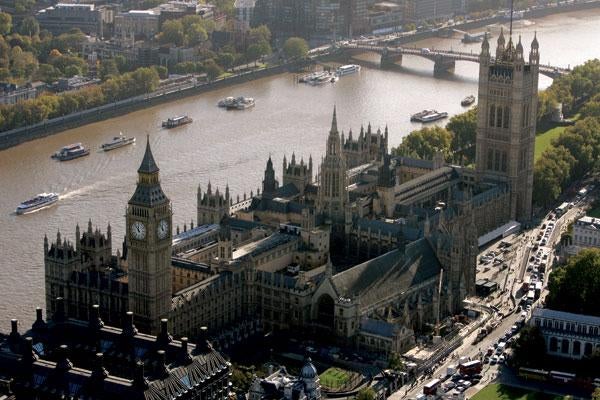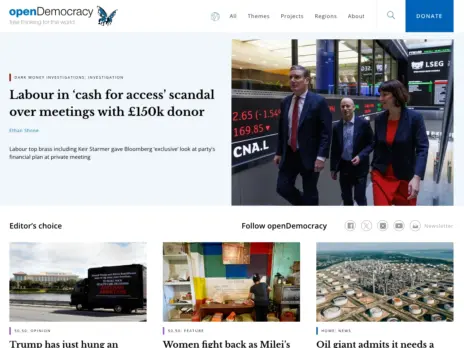
The government today announced a U-turn on plans to hold “secret inquests” without juries and away from the scrutiny of the press.
Justice secretary Jack Straw acknowledged in parliament this afternoon that despite earlier government concessions, it was clear the move still did not command the necessary cross-party support.
But he said that where it is not possible to proceed with an inquest under existing arrangements, the government will consider establishing an inquiry under the Inquiries Act 2005 instead.
Plans to exclude relatives and reporters from parts of some inquests were dropped from counter-terrorism legislation after fierce opposition last year.
But non-jury inquests were revived in the coroners and justice bill this year to cover cases involving sensitive information.
In the face of a fresh wave of criticism, Straw moved in March to tighten the rules, insisting the final decision would rest with a high court judge, rather than the secretary of state.
But today he acknowledged this still did not go far enough for critics of the plans.
“The government felt these changes struck a fair and proportionate balance between the interests of bereaved families, the need to protect sensitive material and judicial oversight of the whole process,” he said.
“However, following further discussions in the house and with interested parties, it is clear the provisions still do not command the necessary cross-party support and in the circumstances the government will table amendments to remove clauses 11 and 12 from the bill.”
In a written Commons statement, Straw said that in some rare but important cases there may be “highly sensitive” information directly relevant to the circumstances of the death, which cannot be made public.
It was to meet this “problem” that the bill proposed dispensing with a jury in certain “tightly defined circumstances”.
With those proposals now dropped, he said: “Where it is not possible to proceed with an inquest under the current arrangements, the government will consider establishing an inquiry under the Inquiries Act 2005 to ascertain the circumstances the deceased came by his or her death.
“Each case will be looked at on its own individual merits.
“As with the provision in respect of certification of coroners’ investigations, we would expect to resort to such a procedure only in very exceptional and rare circumstances.”
Shami Chakrabarti, director of civil liberties campaign group Liberty welcomed the “sane and humble climbdown”.
“It was completely bizarre for a government that has spent over a decade lecturing the public about victims’ rights to attempt to exclude bereaved families from open justice,” she said.
“Secret courts and parallel legal systems have mushroomed under New Labour but, as we have learned in recent days, there is no accountability without transparency.”
Benjamin Ward, from pressure group Human Rights Watch, said: “We welcome the government’s decision to abandon these plans, which would have fundamentally undermined the inquest system.
“This is a victory for open justice and human rights.”
Opposition politicians also welcomed the move, with Liberal Democrat justice spokesman David Howarth saying: “These proposals should never have been brought forward in the first place and wasted a lot of parliamentary time.”
Former shadow home secretary David Davis said: “At long last the government has seen sense and stopped this attempt to cover up an important part of the judicial process.”
The Royal British Legion said the move would help keep inquests into friendly fire, or “blue on blue” incidents in the open.
Director general Chris Simpkins said: “We need to ensure that bereaved families have complete confidence in the system.
“Ensuring that inquests are transparent will go a long way towards this goal.”
But Amnesty International insisted that the government had not gone far enough, warning families may still be kept in the dark.
Campaigns director Tim Hancock said: “Under the Inquiries Act the government can control who sits on an inquiry, it can order part of the inquiry to be held in private and it can decide which of the findings are published and which remain secret.
“If secret inquests are dropped but replaced by secret inquiries, this ‘climbdown’ may do little to increase government transparency.
“The Inquiries Act should go the same way as the proposals for secret coroners inquests – it should be scrapped.”
Email pged@pressgazette.co.uk to point out mistakes, provide story tips or send in a letter for publication on our "Letters Page" blog






